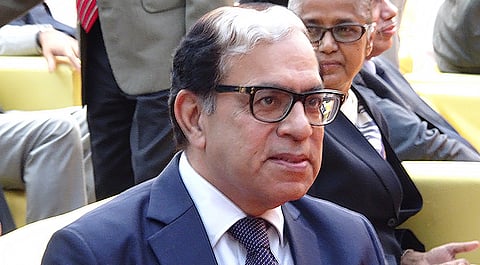
- News
- Columns
- Interviews
- Law Firms
- Apprentice Lawyer
- Legal Jobs
- हिंदी
- ಕನ್ನಡ

An event conducted on Saturday for the book launch of Chintan Chandrachud’s “The cases that India forgot” saw Justice (retd.) AK Sikri expressing reservations about the Collegium system of appointing judges to the higher judiciary.